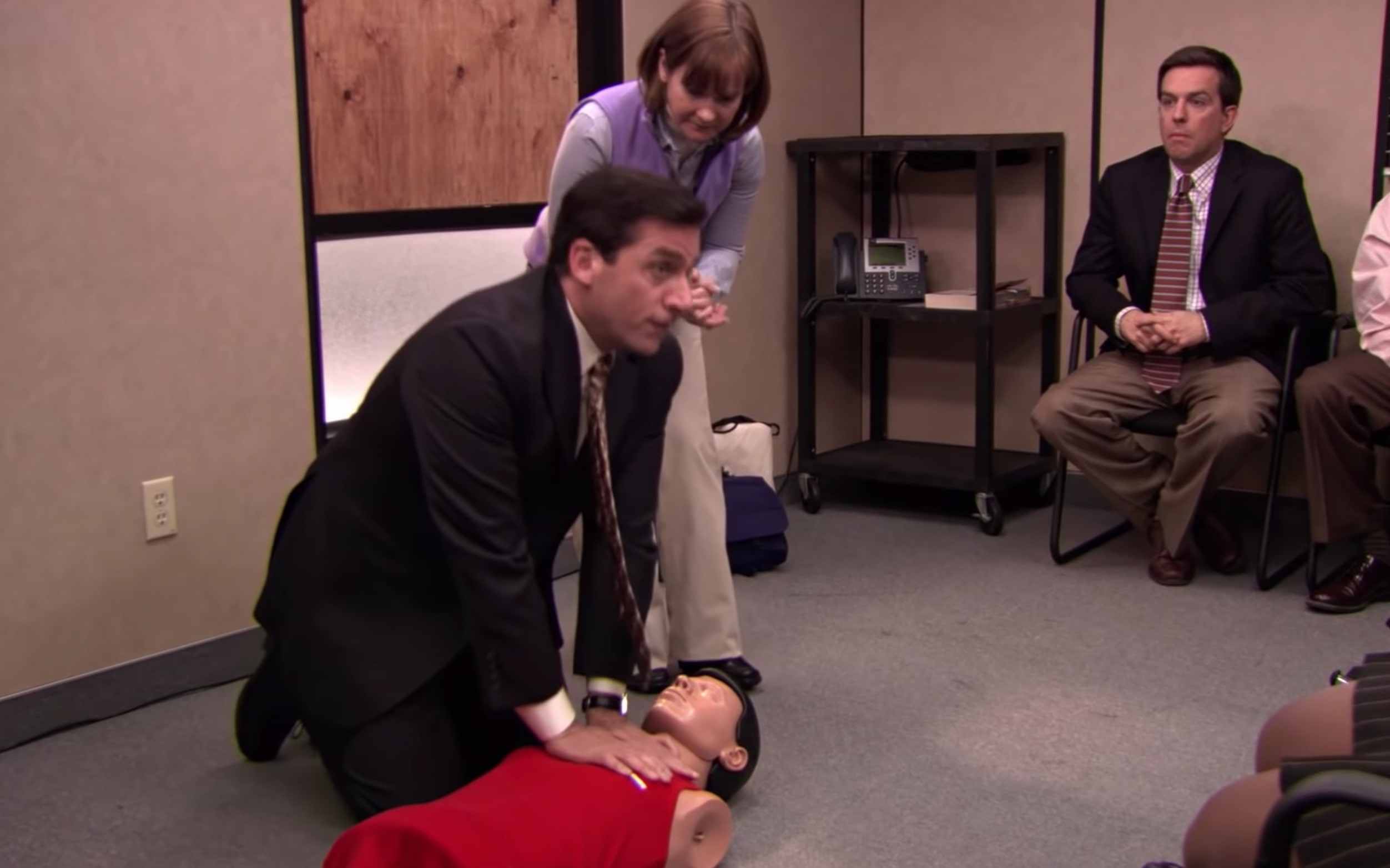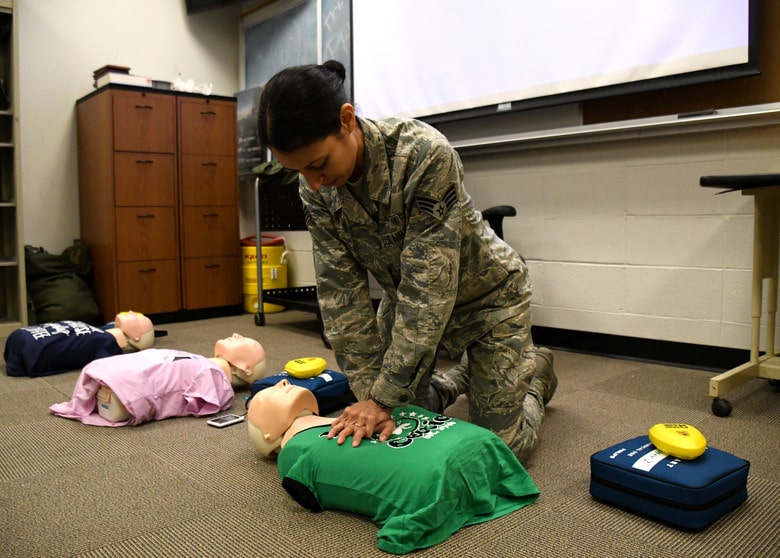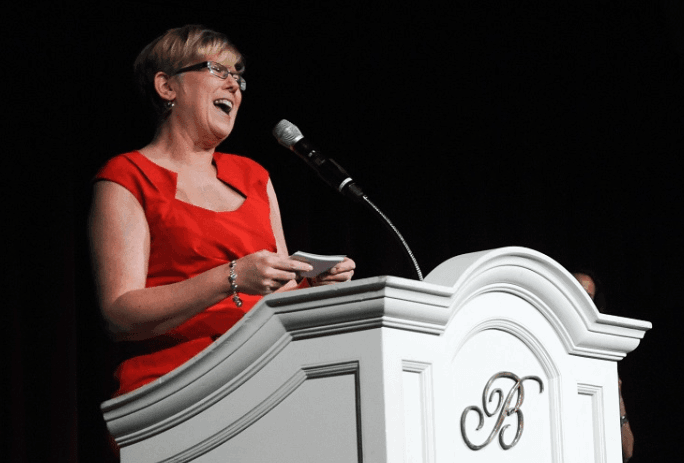A 21-year-old auto shop technician from Tucson, Arizona may have saved a stranger’s life thanks to a skill he learned from The Office.
Cross Scott — who shares a surname with the cult-favorite comedy series’ protagonist, Michael Scott (Steve Carell) — told the Arizona Daily Star that he was test driving a customer’s car when he noticed a white sedan pulled off the road with its hazard lights on.
He pulled over to assist the driver, as the outlet notes he does frequently given his expertise. But when he looked into the car, he saw the woman in the driver’s seat was slumped over the steering wheel, her lips blue.
Scott was not carrying a cell phone, as he told the Star he leaves it in the shop during test drives to avoid distractions. However, two other motorists soon stopped and called 911.
He recalls how he began pounding on the window of the car and yelling to the woman, but she did not respond. He then took a rock, smashed in the window and reached in to unlock the driver’s door.
Scott, who has no medical training, checked for a pulse and could not find one, so he climbed over the woman and began performing CPR to the best of his ability.
His knowledge of the life-saving technique came only from an episode of The Office.
In the episode, the employees of Dunder Mifflin Paper Company attempt to learn first aid from Carell’s character. While his insights are fraught, the one thing he does get correct is that using the Bee Gees’ hit disco song “Stayin’ Alive” is a good way to measure the tempo of chest compressions.
Scott took the bumbling TV boss’ advice and performed compressions while singing the chorus — “Ah, ha, ha, ha, stayin’ alive, stayin’ alive” — aloud.
“I’ve never prepared myself for CPR in my life,” Scott said. “I had no idea what I was doing.”
But a minute later, the woman took a breath, according to his account.
Emergency medical workers arrived less than 10 minutes after that. Scott told the Star that one of the paramedics let him know that if he hadn’t stepped in, the situation could have ended tragically.
Read the full article at the source: https://people.com/health/man-learned-cpr-from-the-office-saves-woman/



